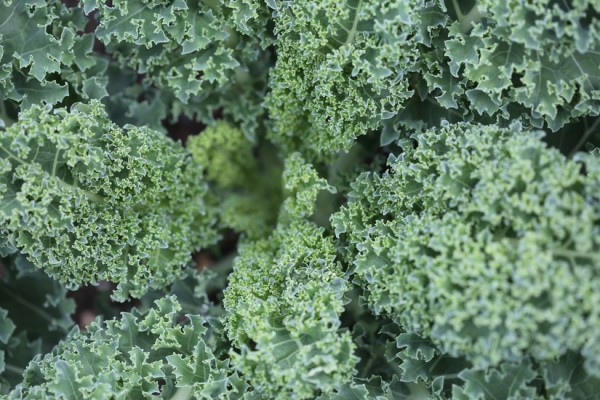You know by now that fiber is an essential component of gastrointestinal health, but getting enough of it in your diet can be tricky if you’ve always leaned more toward comfort foods than salads and cereals. Luckily, there are ways to get your daily dose of fiber without a complete lifestyle overhaul.
First, a quick lesson in fiber types: Soluble fiber dissolves in liquid and can help regulate cholesterol and blood sugar. Insoluble fiber does not dissolve, and instead sweeps through the digestive system to create bulk and promote movement. If you’re adhering to an IBD diet, your doctor may recommend more soluble than insoluble fiber because the latter can make symptoms worse. Of course, always check with your physician before making any major changes to your diet, and be sure to keep track of triggers such as overeating or certain foods.
Here are four ways you can add fiber to your diet while still eating what you love.
1. Make a Habit of Eating Fruit in the Morning
The directive to “eat more fruits and veggies” is an obvious one, but it can be easier said than done. By making it a part of your daily regimen to eat fruit for breakfast, you’ll ensure that you get that boost of vitamins and fiber, as well as make it more likely to stick to your diet the rest of the day. IBD tip: If your doctor recommends lower levels of insoluble fiber, make a point to peel your apples and pears because that’s where most of it is contained.
2. Don't Relegate Oatmeal to a Breakfast Food
While it’s certainly a great option for breakfast, oatmeal can be eaten any time of day, and it doesn’t need to be sweet. In fact, The New York Times recently reported on the savory oatmeal trend, so you may even gain foodie cred while improving your diet. Prepare savory oatmeal the same way you might make grits or risotto – with similar flavor profiles – and choose steel-cut oats over rolled for better texture. If this doesn’t sound like your thing, consider eating oats for dessert or a nighttime snack instead.
3. Snack Often and Wisely
If you have a bowel disease, chances are your doctor has told you to eat smaller meals to curb symptoms and prevent flare-ups. This is all well and good, until you find yourself ravenously hungry with a vending machine as your only option. To prevent this scenario, always carry healthy snacks like carrots, apples, or dried fruit in your bag. If you must choose from the vending machine, choose granola bars without nuts, baked chips, or pretzels as decent choices. If you find yourself staring down the barrel of a bad decision, just make sure to avoid cheese-and-cracker sandwiches, chocolate, or any kind of baked good – these are the worst vending machine offenders.
4. Peas on Earth
Ok, we know this is not the most exciting option, but dried peas are really, really good for you, especially if you have IBS because they are one of the best sources of soluble fiber. Distinct from fresh or frozen peas because of the way they’re harvested and prepared, 1 cup of dried peas contains about 65 percent of your daily dose of fiber, not to mention a plethora of other nutrients. You can cook whole or split peas in soups, stews, casseroles, or even puree them for a healthy dip or condiment.



